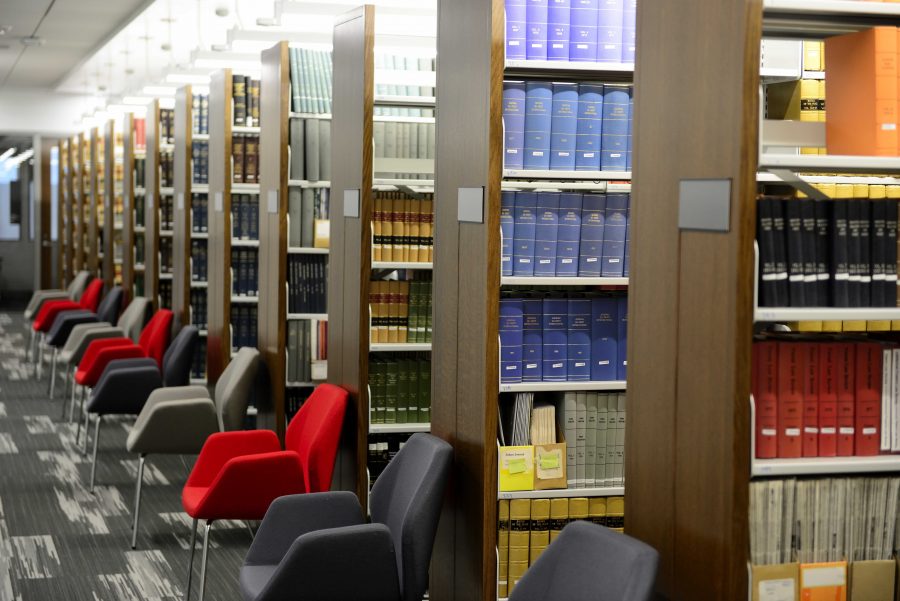The Center for Law and Biomedical Sciences in the S.J. Quinney College of Law has been approved by the state Board of Regents as a permanent entity.
The approval will not cause a “radical change,” said Leslie Francis, U law professor and director of the Center. It has, however, confirmed the Center as an “integral part of the law school and the university,” Francis said.
The law school initially proposed the idea for the Center eight years ago after it identified “the areas of expertise where we had a constellation of excellence,” Francis said, which included biomedical science.
After approval in 2012, faculty members and student fellows combined their specialized knowledge to perform research, teach and serve the community. The areas of research include data management, intellectual property rights and Federal Drug Administration issues. Student fellows are particularly involved with intellectual property law and have aided other students with their rights in this area.
The student fellows are second- and third-year law students interested in law and medicine. Francis said their work spans “from intellectual property to bio ethics.”
One student fellow is funded by ancestry.com, and another conducts ethical research. Others work with the U’s Pro Bono Initiative (PBI).
The Center funds students with grants from the U, as well as from outside programs.
Kendra Brown, a BioLaw fellow for the Center, was selected to aid with the PBI’s Medical-Legal Clinic. Brown has worked to create a new clinic at the 4th Street Clinic and establish a medical-legal partnership between the Center and the University Hospital. As a fellow for the Center, she visits the clinic monthly to identify areas for improvement, and she researches nationwide partnerships for ideas to present to the University Hospital Directors.
Brown believes legal issues impact health, and her contributions have allowed her to “work on reaching the truly under-served community and try to establish a relationship … in order to help solve the legal problems.”
Involvement requires a large time commitment to research and network, Brown said. It introduces students to lawyers from the community who provide legal advice.
Faculty members involved with the Center are based out of the law school, but many have joint appointments. Teneille Brown, a professor of law, is an adjunct professor of internal medicine, and Jorge Contreras, an associate professor of law, is joint-appointed in the Huntsman Center. Francis is a professor of philosophy as well.
Brown hopes the Board of Regents’ approval will allow the Center to recruit more fellows and attract public attention. Moving forward, it could potentially secure more funding, she said, and increase the application pool for the law school.
@sarahnlegg


